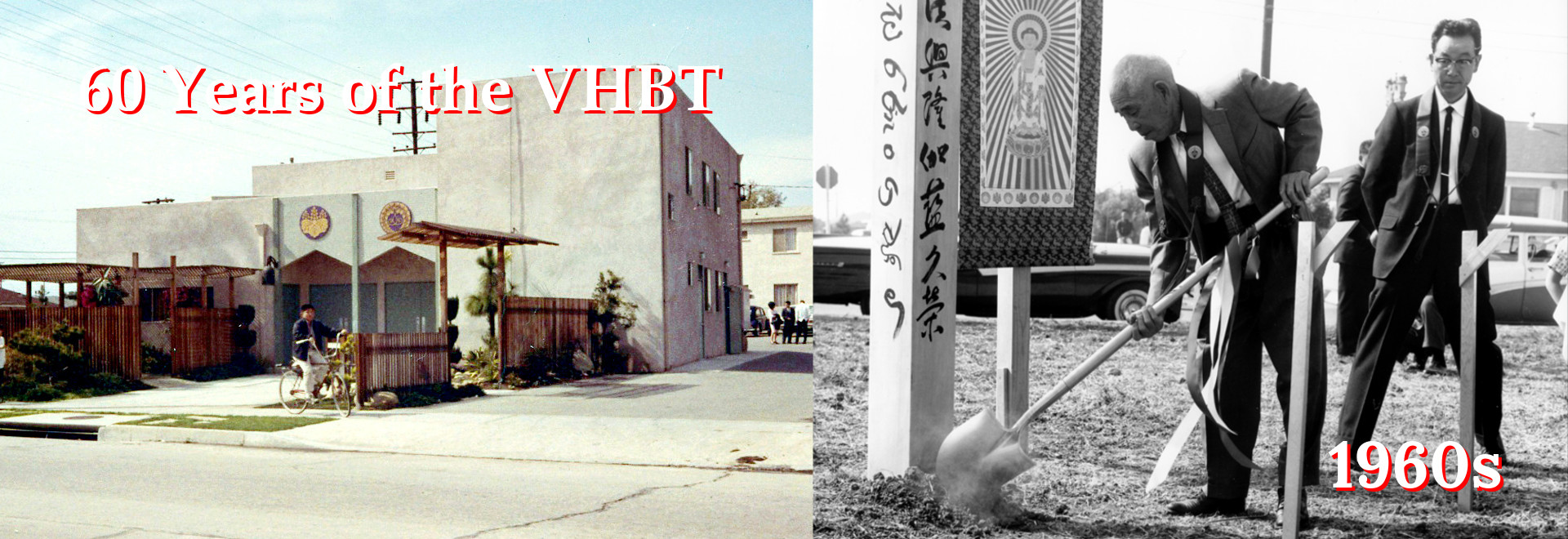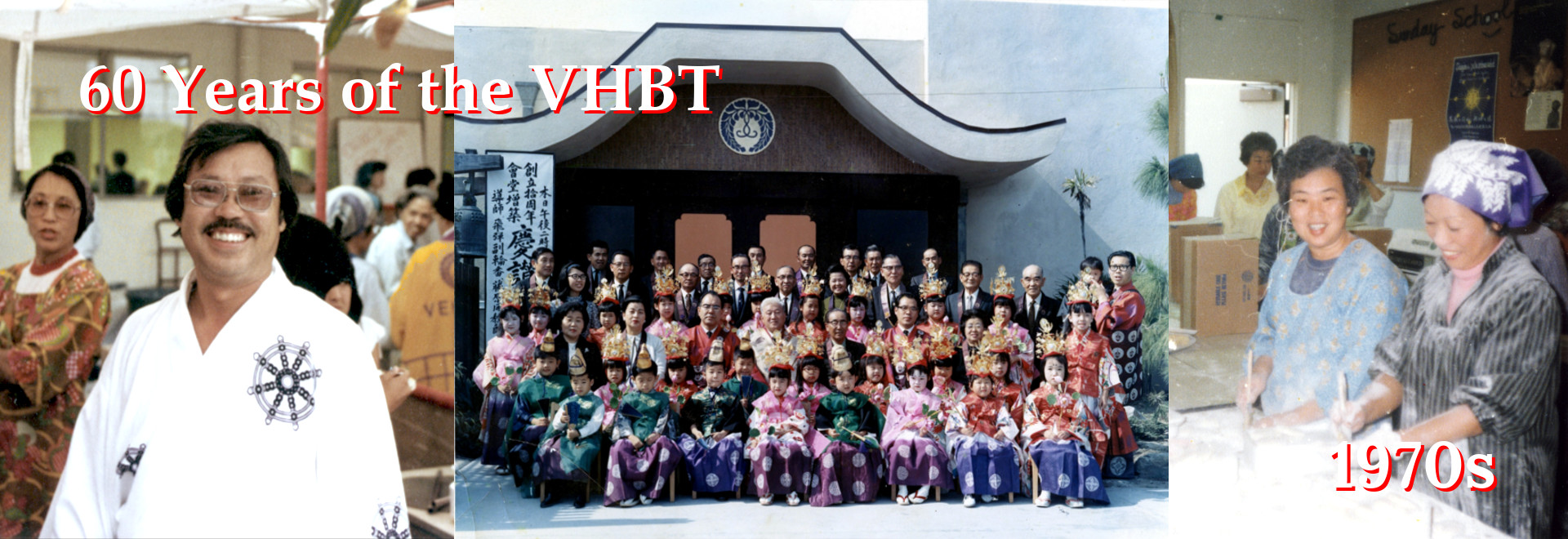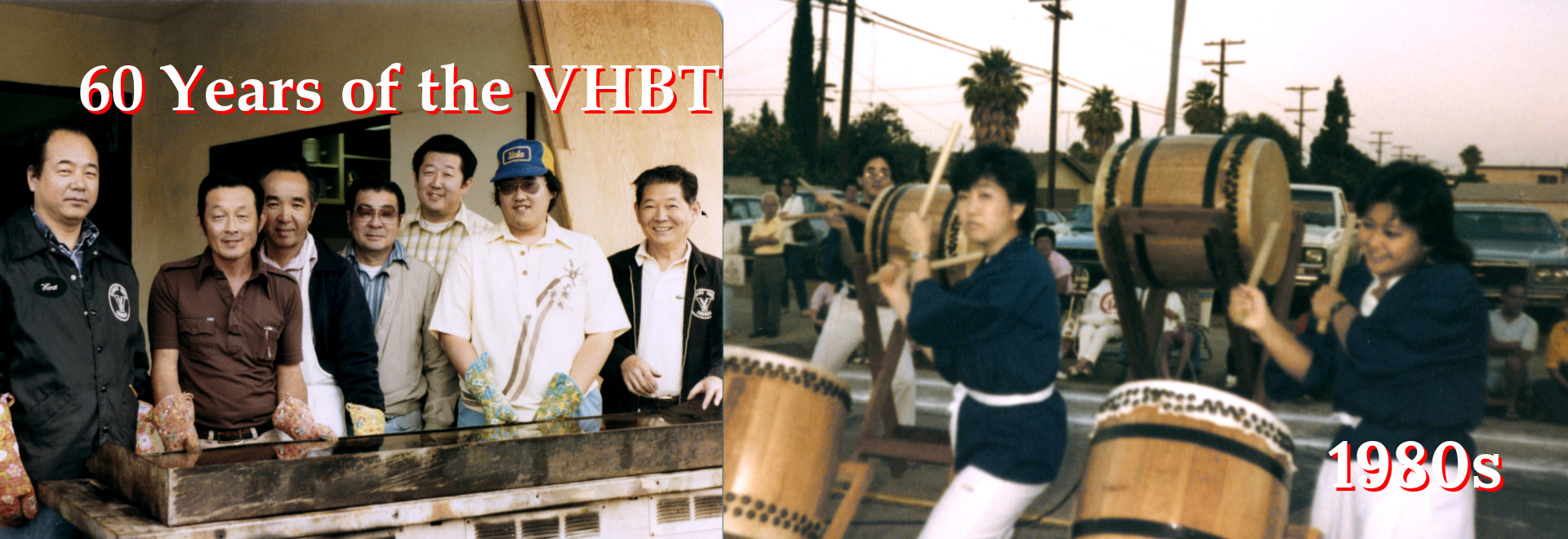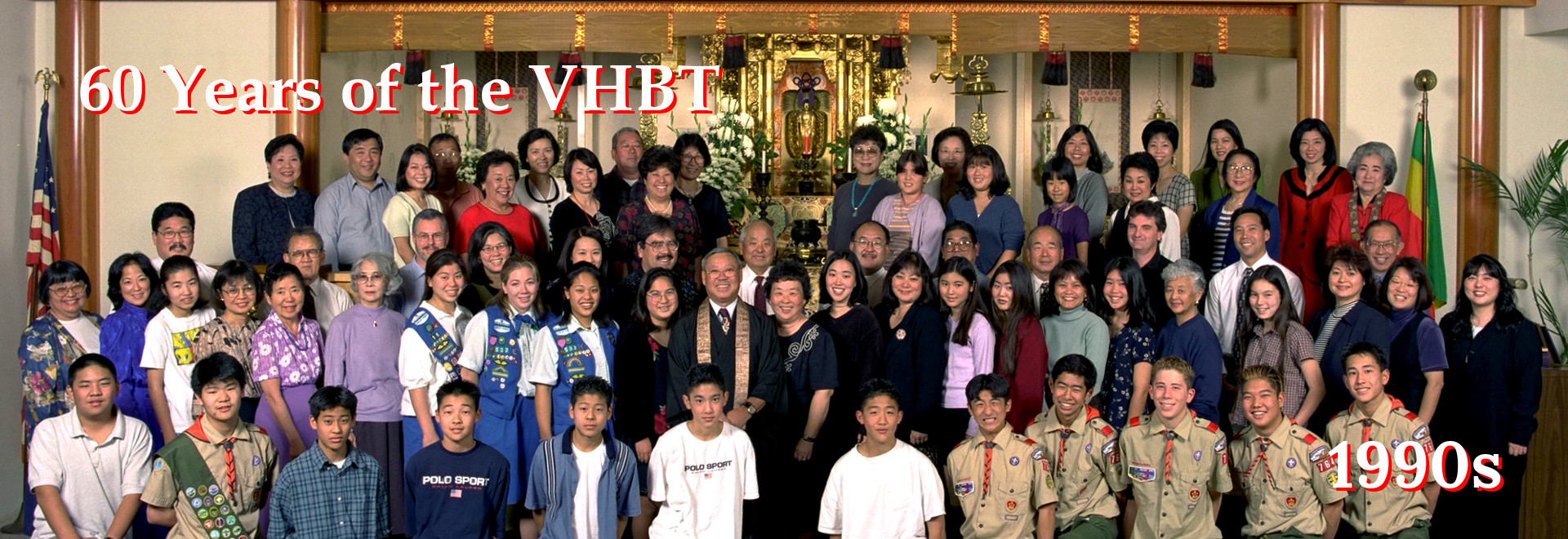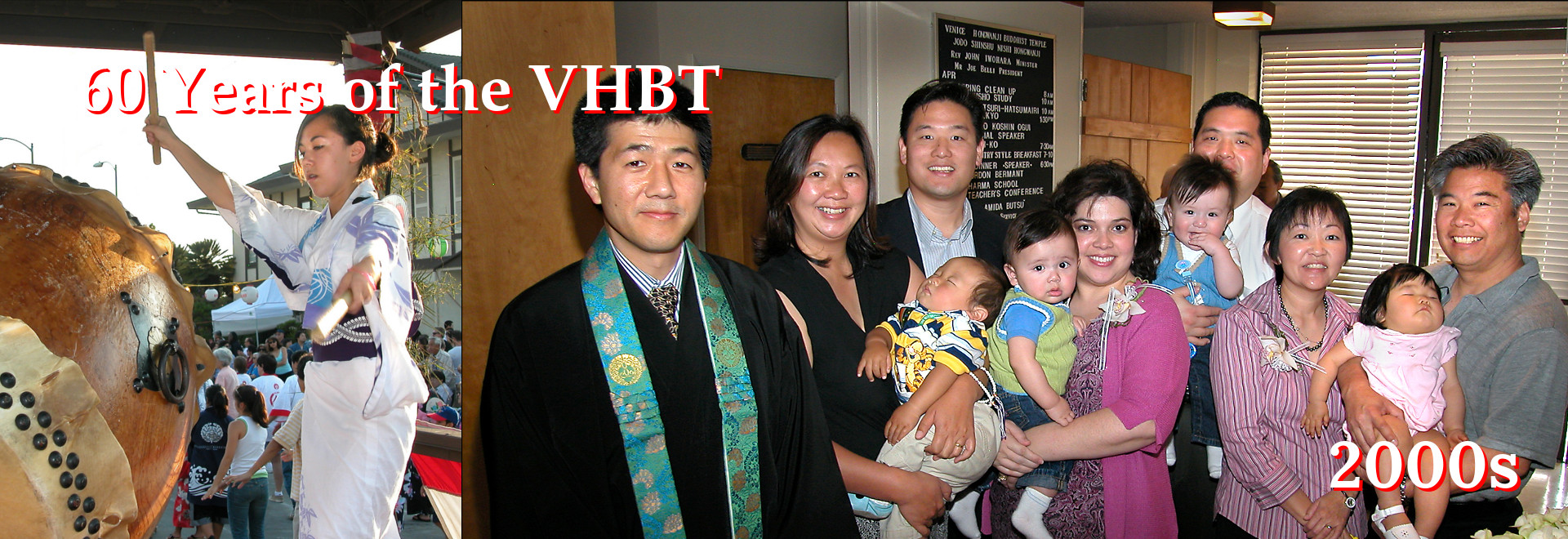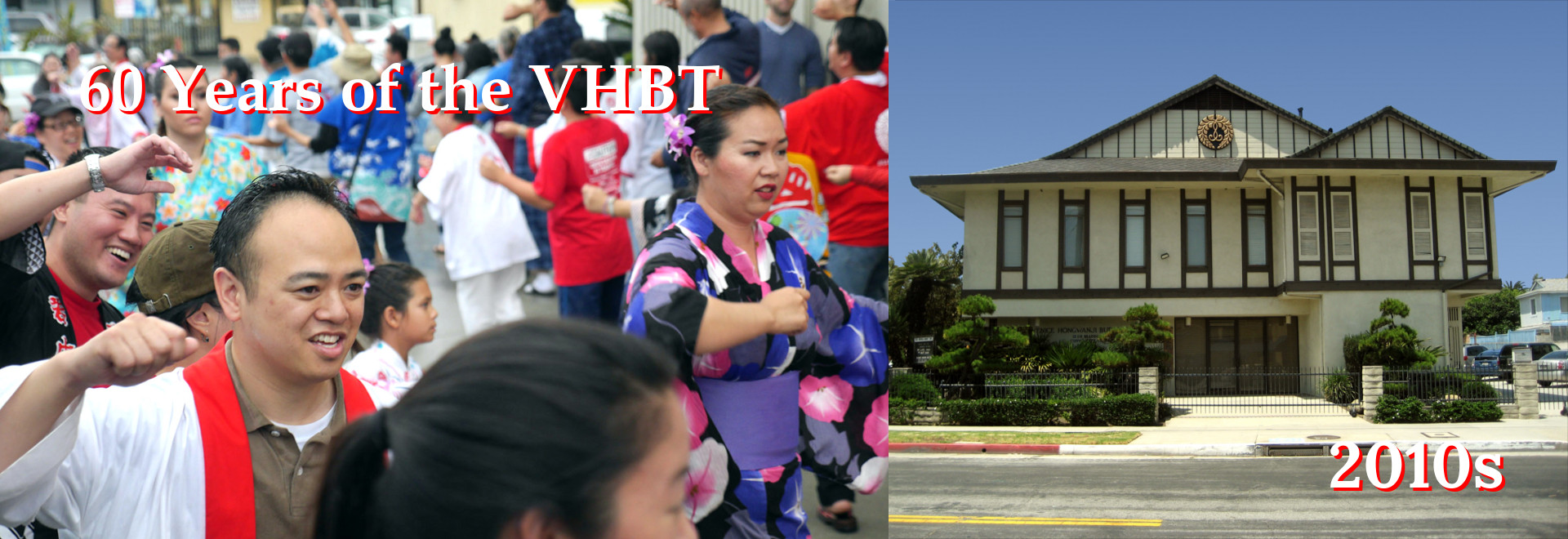Deep mind is the deeply entrusting mind. There are two aspects. One is to believe deeply and decidedly that you are a foolish being of karmic evil caught in birth-and-death, ever sinking and ever wandering in transmigration from innumerable kalpas in the past, with never a condition that would lead to emancipation. The second is to believe deeply and decidedly that Amida Buddha’s Forty-eight Vows grasp sentient beings, and that allowing yourself to be carried by the power of the Vow without any doubt or apprehension, you will attain birth.
Chapter on Faith (translation from Collected Works of Shinran)
When we celebrate Ohigan, one of the first things we notice is the fact that Ohigan is held during the two equinoxes. The equinox is a day that tends to cause us to reflect upon the nature of day and night. It motivates us to think on the nature of day and night because the equinox is one of the two times in the year when the daylight hours and the night-time hours are equal. It is a day of “perfect balance.” It is probably for this reason that the two equinox days are typically some of the most beautiful days of the year. In Japan, for example, they have the saying: “The hot days and the cold days are only until Ohigan.”
Most of the time, however, our lives are not like the Ohigan and are filled with “hot days” and “cold days.” We become excited about this thing and that thing, or we become disappointed about this thing or that thing. We sometimes feel great elation and at other times feel the heavy burden of depression. We laugh, we cry, we console, we accuse, we cheer, we shout, we do the right thing, we do the wrong thing. We sometimes feel a need for balance in our lives. We want our lives to be like Ohigan. How can we accomplish this?
The easy answer goes probably something like, “All you have to do is be like Ohigan itself: become a Buddha.” In reading the Larger Sutra we discover that the Bodhisattva who would later become Amida Buddha “abandoned his country, renounced his kingship, and left behind material wealth. He himself practiced the six paramita and had others practice upon teaching them. Upon amassing and collecting virtues over a countless number of kalpa, he was within that which was desired by his heart in accordance with his (level of) birth. The immeasurable storehouse of treasures naturally arose, countless numbers of multitudinous beings were taught and assured, and he resided on the path of truth that has no superior.”
According to this passage, the Bodhisattva gave up the fame and fortune that was a king’s, and practiced the six paramita. The six paramita are charity (dana), observing precepts (sila), perseverance (ksanti), energy (virya), meditation (dhyana), and wisdom (prajna). After doing this for a very long time—a length of time beyond nameable numbers—and all the while sharing it with others, the ultimate path was achieved. This is the kind of story about life that can fill your heart with hope and joy if you allow it to: a king gave up everything to help me.
However, even in being exposed to the wonderful story of Amida Buddha, it is still difficult to find balance in my life. Some days are like the long summer days when I can look at my life with enthusiasm, with exuberance, and can’t wait for the next challenge. Other days are like the cold days of winter when I look at my life and feel that there is no hope, that I am unappreciated, and wonder what is the point of going on? In the hot and cold days that are my life, it is no wonder that my life is described as that of a “foolish being of karmic evil caught in birth-and-death, ever sinking and ever wandering in transmigration from innumerable kalpa in the past, with never a condition that would lead to emancipation.”
In comparing my life to Ohigan, however, there is one critical mistake that I have been making. That mistake is in assuming that the spirit of Ohigan can only be found two days of the year. Amida Buddha in becoming Amida Buddha did not spend just two days of the year amassing and collecting virtues, but worked over a countless number of kalpa.
The equinox only occurs twice a year. On each of these two days, because of the natural balance found in these days, it has allowed be to reflect on my life and the balance or unbalance found therein. In this reflection however, I have been allowed to see how even just one day of my life is filled with “the path of truth that has no superior.” Regardless of how hot or cold it may be, each and every day of my life is the Nembutsu.
(originally published in Dharma Messages of the Four Seasons, vol. 2)
Rev. John Iwohara
